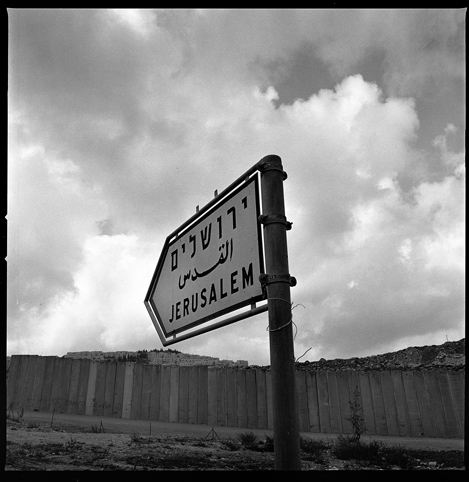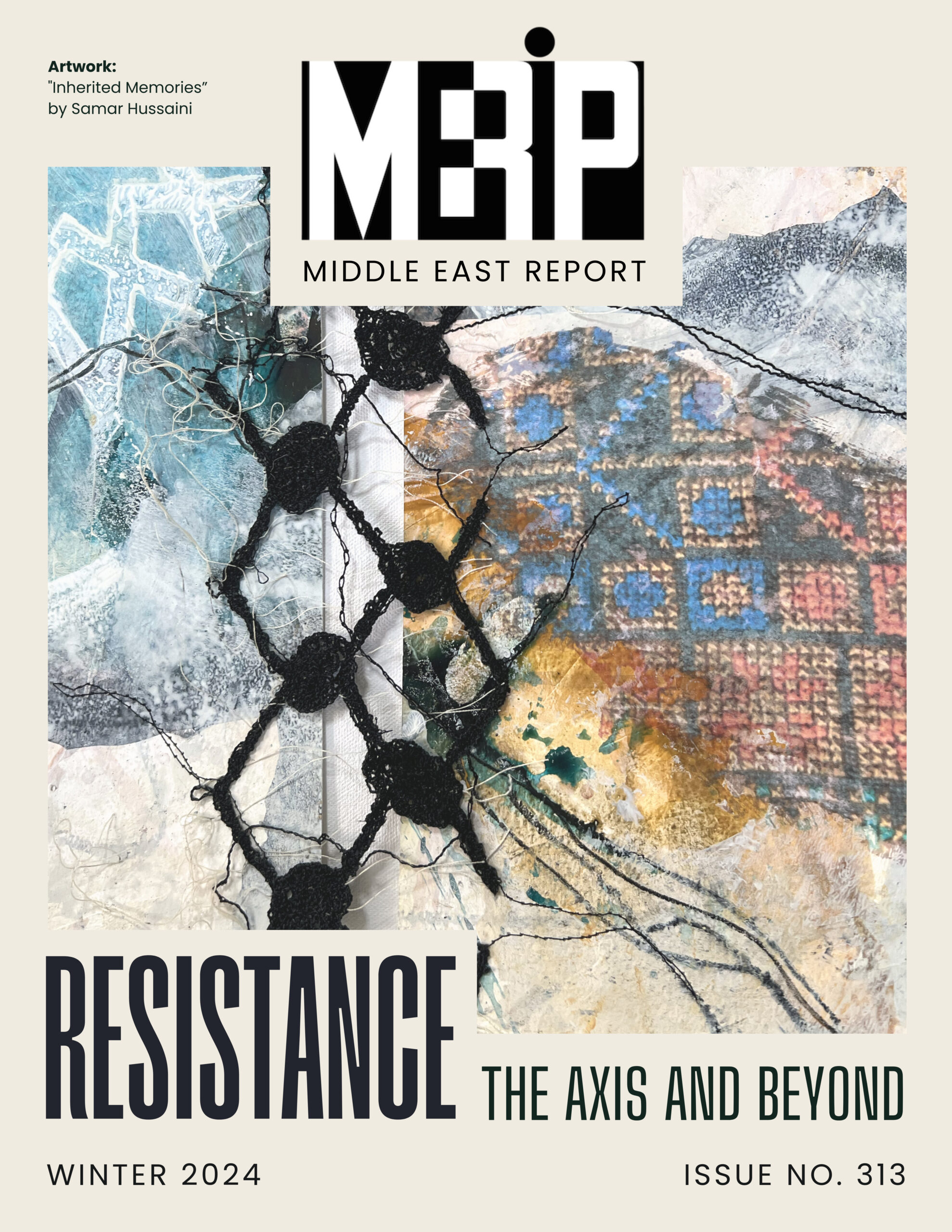IN THIS ISSUE:
Border Regimes and the New Global Apartheid
Catherine Besteman analyzes the new form of global intervention that is taking shape in the rise of militarized borders, interdictions at sea, detention centers, indefinite custody and the generalized criminalization of mobility around the world. The Global North—the United States, Canada, the European Union (EU), Israel, Australia, New Zealand, Russia, the Gulf states and East Asia—is investing in militarized border regimes that reach far beyond particular territories to manage the movement of people from the Global South.
Israel’s Permanent Siege of Gaza
The devastating human and health consequences of intervention by deprivation are noted in Ron Smith’s account of Israel’s decade-long siege of Gaza, whose dynamics are similar to the catastrophic sanctions regime imposed by the United States on Iraq after the 1991 Gulf War and the siege warfare utilized by the Saudi-led coalition in Yemen.
The UAE and the Infrastructure of Intervention
Rafeef Ziadah investigates the rise of humanitarian logistics hubs such as Dubai International Humanitarian City, which, although ostensibly humanitarian, have become a key mechanism of intervention and increasingly a central element in the projection of power for the Gulf regimes such as the United Arab Emirates.
Humanitarian Crisis Research as Intervention
Sarah Parkinson describes the growing popularity of extreme research—scholarly research conducted in crises zones amongst conflict-affected populations in the Middle East and North Africa—and shows how this research is a mode of intervention that can impose serious harm on individuals, communities, local partner universities and even humanitarian program staff.
CURRENT ANALYSIS
Preservation or Plunder? The ISIS Files and a History of Heritage Removal in Iraq
The removal of the ISIS files from Iraq is only the latest episode in a long history of seizures of Iraqi archives and artifacts by Europeans and Americans. Rather than dismiss Iraqi critics as unreasonable, everyone with a stake in the study of Iraq—including all journalists, historians, and archivists—must reckon with the enduring legacies of two centuries of Western removal of Iraqi heritage.
Running as Resistance in Occupied Palestine
The Palestine Marathon, like its counterparts elsewhere, is meant to be a feel-good event. But it also has a political point: to highlight restrictions on movement for all Palestinians under Israeli occupation.
The Southern Transitional Council and the War in Yemen
In late January this year, an armed conflict erupted in Aden between troops under command of President ‘Abd Rabbu Mansour Hadi and those loyal to the Southern Transitional Council (STC), both in principle on the same side of the Yemeni war. The fighting left more than 40 people dead and several wounded. The conflict raised speculations of a crack in the Saudi-led coalition that since March 2015 has waged war in Yemen.
LATEST ISSUES
FEATURED PRIMER

Primer: Palestine-Israel
Read the newest iteration of MERIP’s Palestine primer. Published in March 2025, and updated to reflect developments in the ten years since our previous primer, it provides an overview of key actors, organizations, historic events, political developments and diplomatic initiatives that have shaped the status and fate of Palestinians and the State of Israel from the late nineteenth century to the present.


